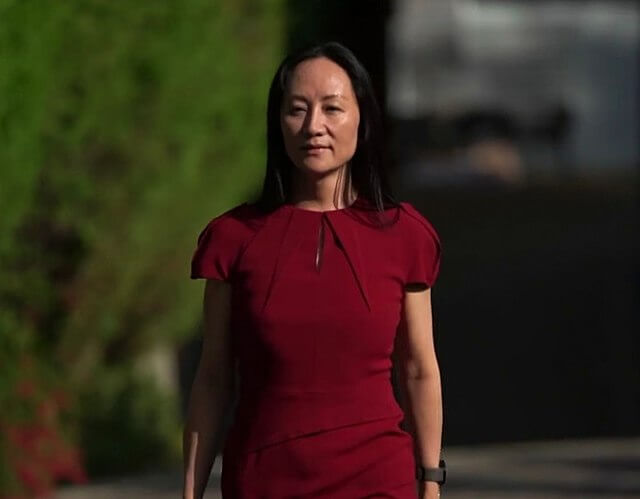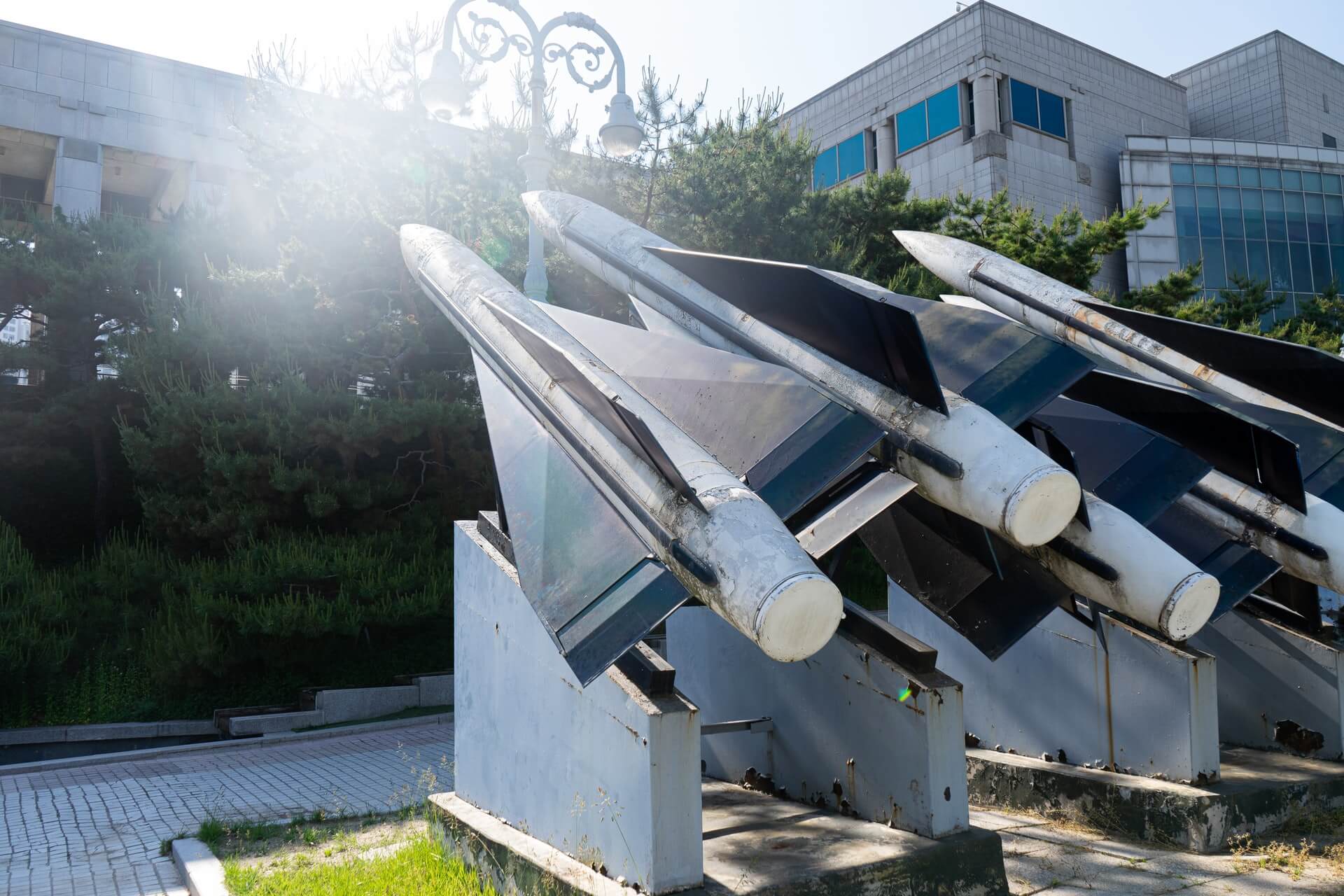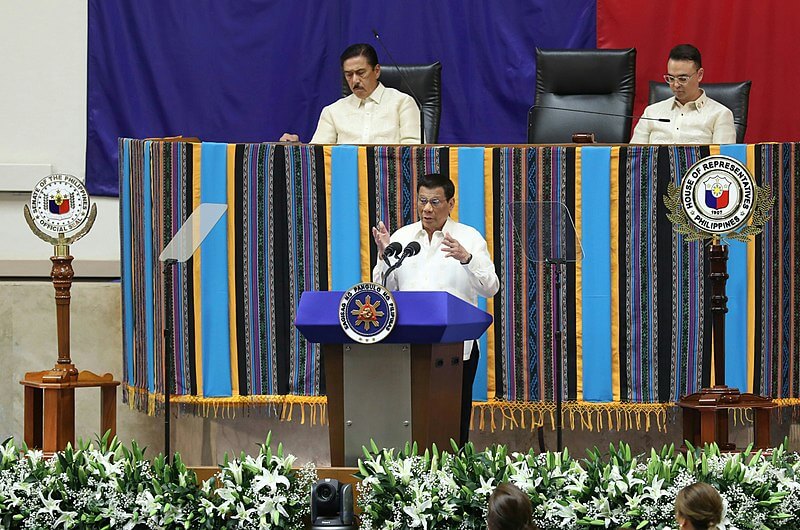War Memorial of Korea, Yongsan-gu, Seoul, Republic of Korea.
Source: Clark Gu via
Unsplash.
North Korea successfully conducted a test launch of
a newly developed long-range cruise missile with a range of 1,500 kilometers on the 11th and 12th, called by the state media as a hypersonic gliding missile. Hypersonic missiles can travel at more than 6,100 kilometres per hour, which are difficult to track and intercept. Hours later,
the South tested its first submarine-launched missile. This arms race prompted concern again in the peninsula.
As the 1950-1953 Korean war ended with an armistice and not a peace treaty, US-led UN forces are technically still
at war with North Korea. Since denuclearization negotiations between Kim Jong Il and Donald Trump deteriorated in 2019, the situation on the peninsula has not improved much. North Korea called for
lifting severe economic sanctions first while the United States repeatedly stated that North Korea must first abandon its nuclear weapons before any sanctions can be lifted.
In August, the United States and South Korea ignored the warnings of North Korea and conducted
joint military exercises as scheduled. North Korea then accused the United States of
hostility and demanded that the Biden administration permanently cease joint military exercises with South Korea. Kim Yo Jong, sister of North Korean leader Kim Jong Un and a senior official of the ruling Workers' Party, warned Seoul that holding the drills would undercut efforts to rebuild relations. Its continuous weapons tests are apparently aimed at putting pressure on Washington and Seoul over slow nuclear diplomacy.
Last week, South Korean President Moon
called on both the North and South Korea and their allies — the United States, which supports South Korea, and North Korea’s largest economic partner, China — to declare an official end to the conflict and achieve peace on the peninsula. In reply,
Kim Yo-jong said that if the conditions are met, North Korea is willing to end the war.




